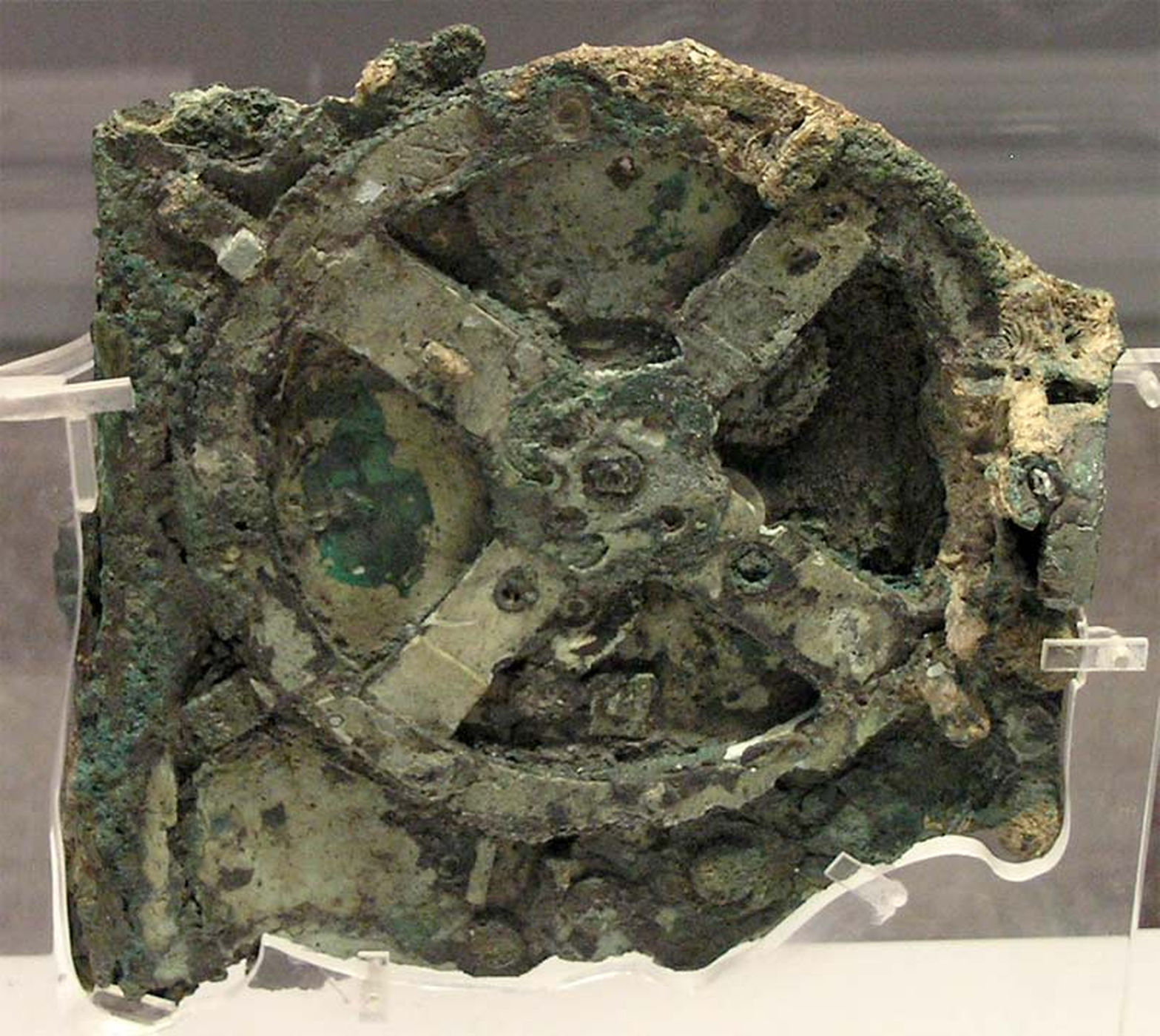
Get the world’s most fascinating discoveries delivered straight to your inbox.
You are now subscribed
Your newsletter sign-up was successful
Want to add more newsletters?

Delivered Daily
Daily Newsletter
Sign up for the latest discoveries, groundbreaking research and fascinating breakthroughs that impact you and the wider world direct to your inbox.

Once a week
Life's Little Mysteries
Feed your curiosity with an exclusive mystery every week, solved with science and delivered direct to your inbox before it's seen anywhere else.

Once a week
How It Works
Sign up to our free science & technology newsletter for your weekly fix of fascinating articles, quick quizzes, amazing images, and more

Delivered daily
Space.com Newsletter
Breaking space news, the latest updates on rocket launches, skywatching events and more!

Once a month
Watch This Space
Sign up to our monthly entertainment newsletter to keep up with all our coverage of the latest sci-fi and space movies, tv shows, games and books.

Once a week
Night Sky This Week
Discover this week's must-see night sky events, moon phases, and stunning astrophotos. Sign up for our skywatching newsletter and explore the universe with us!
Join the club
Get full access to premium articles, exclusive features and a growing list of member rewards.
More than 2,000 years before the Great American Solar Eclipse, which will darken the skies over the U.S. on Aug. 21, astronomers in ancient Greece developed their own "supercomputer" to predict eclipses just like this one.
The ancient gearbox, called the Antikythera mechanism, was used to identify astronomical events that could anchor their calendar. [See Photos of the Ancient Antikythera Shipwreck and Treasure]
Ancient supercomputer
Sponge divers discovered the mysterious gearbox in 1900, when they took shelter from a nearby storm on the island of Antikythera. The divers unearthed an ancient shipwreck, and archaeological investigations revealed that the Antikythera shipwreck likely sank about 2,000 years ago, on its way between Rome and Asia Minor, Live Science previously reported.
When explorers looked through the wreckage, they found a shoe-box-size contraption covered with dials and filled with about 30 gears made of bronze. Though the mysterious object had fragmented into dozens of pieces, archaeologists soon figured out what the enigmatic object was used for: The hand-cranked gearbox would have allowed ancient Greek astronomers to figure out the position of the sun, moon and stars at any given time in the future.
Though the mysterious astronomical calculator's 2,000 years under the sea have corroded it, scientists have used 3D imaging to reveal some of the text on the box, which provides instructions on how to use it, according to a 2016 study published in the journal Almagest.
"Before, we could make out isolated words, but there was a lot of noise — letters that were being misread or gaps in the text," Alexander Jones, a professor of the history of science at New York University, told Live Science last year. "Now, we have something that you can actually read as ancient Greek. We can tell what these texts were saying to an ancient observer."
For instance, the new information reveals that there was a zodiac chart on the front of the gearbox showing the planets moving through the different constellations, the study found.
Get the world’s most fascinating discoveries delivered straight to your inbox.
Eclipse predictions
In 2014, scientists reported in the journal PLOS ONE that they had deciphered the dial and algorithm used to predict eclipses. It turned out that a four-turn spiral revealed eclipses using specific glyphs to denote the time and type of eclipse. Lunar eclipses, for instance, were denoted by the glyph for Σ, which was short for the moon goddess ΕΛΗΝΗ (Selene), while solar eclipses were denoted by H, which is short for the sun god ΗΛΙΟΣ (Helios). (The English word "eclipse" comes from the Greek word "ekleipsis," meaning abandonment, because the ancients believed the sun was literally abandoning the Earth during that time.)
What's more, the Greek computer was surprisingly sophisticated. The Antikythera mechanism could not only predict the timing of eclipses but also reveal characteristics of those eclipses, such as the amount of obscuration, the angular diameter of the moon (which is the angle covered by the diameter of the full moon) and the position of the moon at the time of the eclipse, the study found.
Though the full meaning of eclipse events in Greek culture isn't entirely clear, it's evident that the eclipses were seen as important omens. For instance, the ancient historian Herodotus claimed that the eclipse of Thales (allegedly in 585 B.C.) literally stopped a war between Median king Cyaxares and Lydian king Alyattes, who saw the darkness as a sign to stop fighting. However, many scholars doubt that truly occurred, according to a 1997 paper published in the journal Electronic Antiquity. Ancient Greek astronomers also used eclipse events to calculate distances between celestial objects.
Many ancient cultures have long tied eclipses to other civilizational cataclysms. For instance, historical texts reveal that the Assyrians believed that a king's rule was in jeopardy during a lunar eclipse if Jupiter was obscured, according to "Letters from Assyrian Scholars the Kings Esarhaddon and Ashurbanipal" (Eisenbrauns, 2007).
Originally published on Live Science.

Tia is the editor-in-chief (premium) and was formerly managing editor and senior writer for Live Science. Her work has appeared in Scientific American, Wired.com, Science News and other outlets. She holds a master's degree in bioengineering from the University of Washington, a graduate certificate in science writing from UC Santa Cruz and a bachelor's degree in mechanical engineering from the University of Texas at Austin. Tia was part of a team at the Milwaukee Journal Sentinel that published the Empty Cradles series on preterm births, which won multiple awards, including the 2012 Casey Medal for Meritorious Journalism.
 Live Science Plus
Live Science Plus










